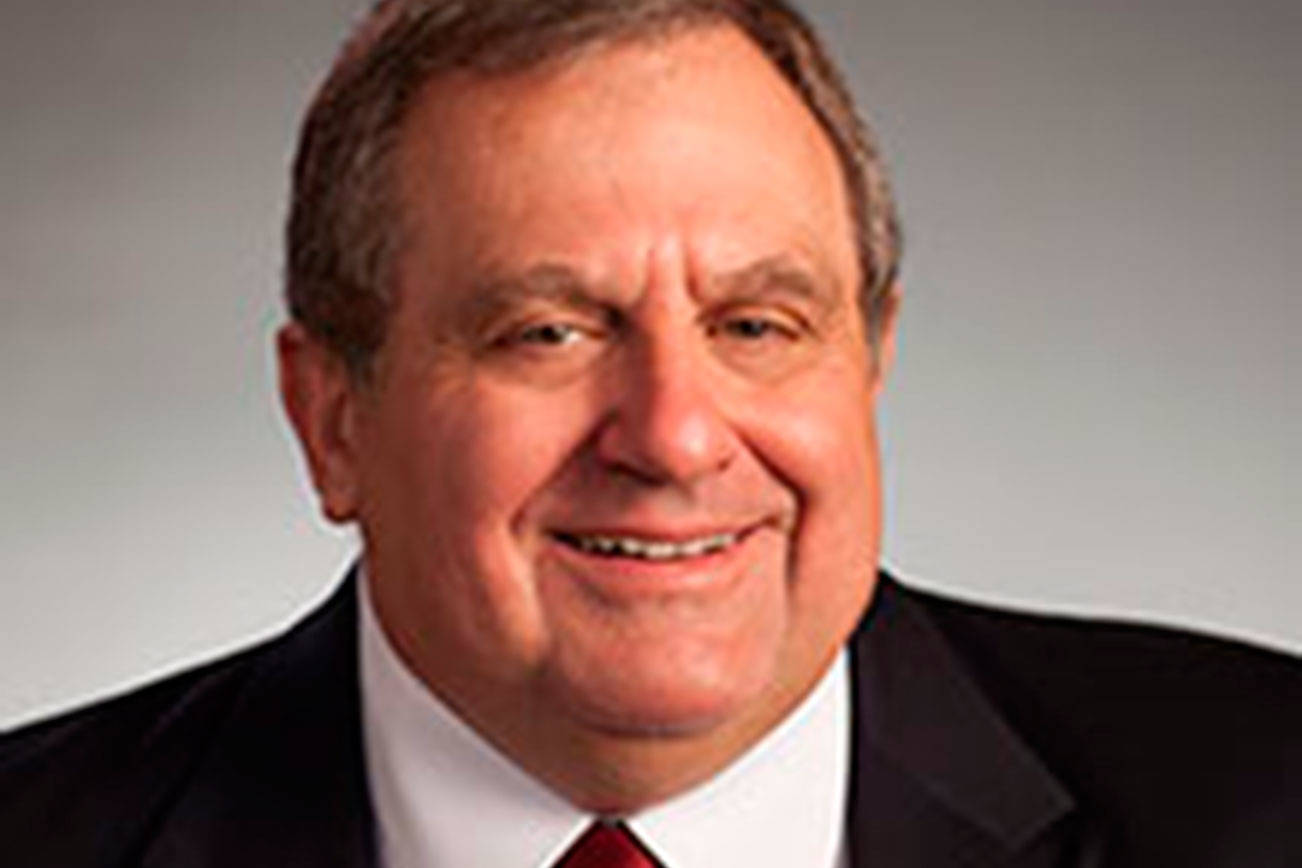Massive forest fires in the western parts of our country are not only choking us with layers of thick smoke, but are leaving behind millions of acres of scorched hillsides, ridges and valleys.
Simply, there are not enough trees to absorb CO2 and prevent erosion.
According to the Arbor Day Foundation, record wildfire seasons in recent years have destroyed millions of trees. Many forests have burned so severely that natural regeneration is not possible, which makes replanting necessary.
Unfortunately, much of the U.S. Forest Service budget is diverted to fighting massive fires with much less funding left for site preparation and replanting.
“This has left the Forest Service with a backlog of more than one million acres of forest land in need of replanting. Each year — with every wildfire, storm or insect epidemic — the backlog steadily increases,” according to the foundation.
What is needed is a massive salvage and replanting effort such as the one undertaken by Weyerhaeuser following the eruption of Mount St. Helens on May 18, 1980. That morning, the mountain blasted sideways at 650 mph and devastated almost 150,000 acres of state, national and privately owned forests.
Weyerhaeuser was the largest private landowner affected by the eruption. Nearly 68,000 acres (about 14 percent) of its St. Helens Tree Farm was flattened. Trees were scattered across the landscape, resembling a massive game of pick up sticks.
Much of the downed timber was usable, but was at great risk of damage from insects and diseases. Over two years, Weyerhaeuser recovered 850 million board feet of timber — enough lumber to build 85,000 three-bedroom homes. Tree removal prepared the land for replanting. By June 1987, Weyerhaeuser hand planted 18.4 million trees on more than 45,500 acres. Today, a healthy forest thrives.
Meanwhile, in 1982, Congress set aside 110,000 acres within the Gifford Pinchot National Forest for the National Volcanic Monument. There was no salvage logging or tree replanting within the blast zone.
The problem with denuded (stripped bare) forest lands is increasing. Overall in the U.S., 86 large fires have burned close to 1.5 million acres in 12 states so far this year, according to the National Interagency Fire Center. Heavy smoke is again blanketing much of our western states and Canada.
Unfortunately, smoke from wildfires is overlapping the COVID-19 pandemic. The Centers for Disease Control (CDC) continues to warn that the smoke is a huge health risk.
“According to the scientists, an additional 178 positive COVID-19 cases reported between Aug. 16 and Oct. 10 at Renown Regional Medical Center can be attributed to increased air pollution in the area due to wildfire smoke,” according to a July 16 story in the Reno Gazette-Journal. “The scientists looked at confirmed COVID-19 cases at Renown over a 159-day study period when 8 percent of nearly 36,000 people tested were positive.”
By September 2020, California wildfires alone generated more than 91 million metric tons of CO2, according to the Global Fire Emissions Database (GFED). That was about 25 percent more than annual emissions from fossil fuels in the entire state.
A 2015 U.S. Forest Service study of federal forests in the Wenatchee area found that large wildfires can leave behind thousands of acres of fire-killed trees that eventually become fuels for future fires.
The growing number of wildfires across the planet are public health threats. Robbing them of their fuel is critical to controlling massive wildfires.
Salvage logging of burned-over lands makes sense. Milling charred trees creates thousands of jobs and makes new homes more affordable. Replanting seedlings replenishes the forests’ ability to covert CO2 into life-giving oxygen.
The bottom line is that clearing dead trees and debris from the forest floor is urgently needed.
Don C. Brunell is a business analyst, writer and columnist. He is a former president of the Association of Washington Business, the state’s oldest and largest business organization, and now lives in Vancouver. Contact thebrunells@msn.com.
Talk to us
Please share your story tips by emailing editor@kentreporter.com.
To share your opinion for publication, submit a letter through our website https://www.kentreporter.com/submit-letter/. Include your name, address and daytime phone number. (We’ll only publish your name and hometown.) Please keep letters to 300 words or less.

